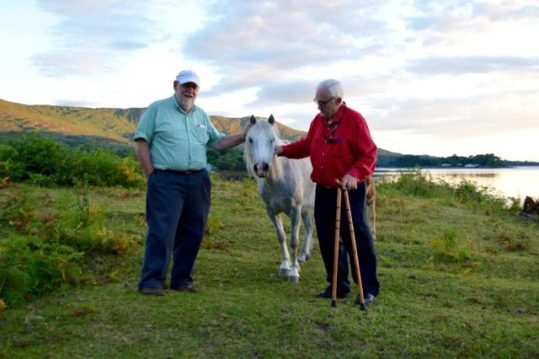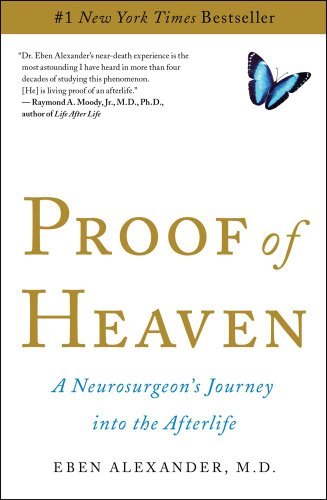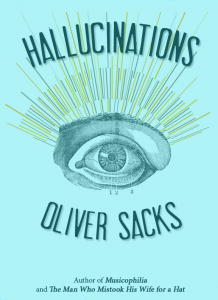Tags
"12 Rules for Living", "Map of Meaning: The Architecture of Belief", David P. Stang, Jordan B. Peterson, YouTube
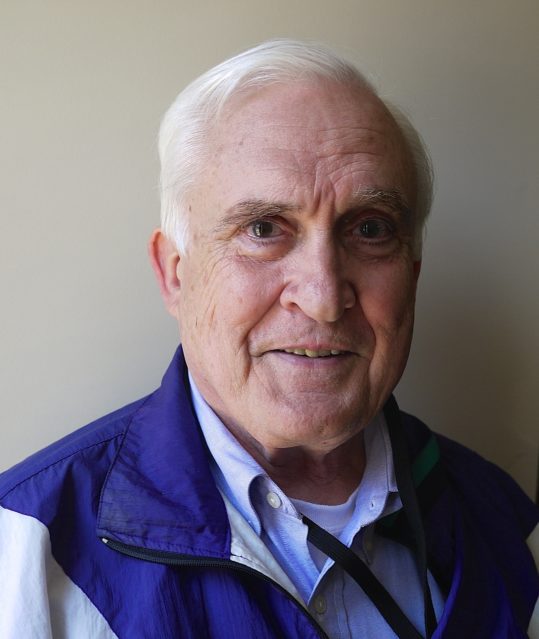
A review and commentary by MillersTime reader and friend, David P. Stang.
Dave wrote in his email containing an early draft of this post:
“My intent is to present a case for Peterson’s views that reasonably educated people would find appealing irrespective of their political parties.”
12 Rules For Life: An Antidote To Chaos” by Jordan B. Peterson
Jordan B. Peterson is a professor of psychology at the University of Toronto and had previously taught at Harvard. The New York Times stated that he is “the most influential public intellectual in the Western world right now.” Evidence of this claim can be found in the fact that his lectures recorded on and accessible through YouTube have attracted over 65 million viewers.
Peterson is also a clinical psychologist with a continuing active practice. He and his wife Tammy are parents of a daughter, Mikhaila and a son, Julian. Mikhaila has suffered enormous pain resulting from years of combating rheumatoid arthritis and enduring multiple surgeries. Her father fondly regards his daughter Mikhaila as a courageous hero.
Over the course of his life Peterson also has observed much suffering experienced by his patients who described their emotional pain problems during their psychotherapy sessions with him, and he learned about suffering experienced by many of his students over the years. He clearly feels great compassion for them and for others’ suffering which often results from tragedy and malevolence. So much so in fact that it drove him to write two books related to suffering.
In this new book he states, “The idea that life is suffering is a tenet, in one form or another, of every major religious doctrine…. We can be damaged, even broken, emotionally and physically, and we are all subject to depredations of aging and loss… It is reasonable to wonder how we can expect to thrive and be happy (or even want to exist, sometimes) under such conditions.” In 1999 he published his first book, entitled Maps of Meaning: The Architecture of Belief which Peterson stresses constitutes the conceptual foundations of his 12 Rules.
Throughout his 12 Rules and YouTube lectures, Peterson presents a mixture of the diverse classic literature and teachings of the past several thousand years emanating from pre-scientific cultures, the hypotheses and scholarship of modern-day science (including particularly neurological and psychological studies) and he constantly injects first-hand, real-life examples of human and animal behavior which illustrate the concepts he is propounding.
Understanding that one’s individual self as divine or sovereign, according to Peterson, reveals the pathway to meaning in life. A major foundational principle of his 12 Rules is that every human life is confronted by order and chaos. By order he means “the place where the behavior of our world matches our expectations and desires; the place where all things turn out the way we want them to.” Chaos, on the other hand, is the “domain of ignorance itself” and is “unexplored territory.” He tells us chaos is present when you feel despair and horror and is the place you end up when things fall totally apart. Order can be disrupted by chaos and chaos can be constrained by order. Within chaos potential exists. He informs us that your attitude toward potential confers on you a certain moral obligation: The challenge is to live up to one’s potential. The potential is in the future. Contending with chaos that disrupts order is like meeting the Dragon head on.
As part of his extensive tour this year Professor Jordan B. Peterson has been lecturing about his book. In his talks he stresses that his twelve rules can be comedic, but that they are really metaphors which point to a deeper philosophic and psychological meaning. In his book he urges his readers to focus on their individual patterns of thought, belief and behavior. He stresses that his rules are not injunctions meant to make life easier. They are injunctions to make life more difficult. He asks his readers and listeners to aim higher and to seek to become the very best they can be. Peterson stated that I hope that what I’m aiming at is to tell people stories and provide them with clinical information that is derived from the best literature and science that I know so they can be fortified in their ability to contend with tragedy and malevolence.”
These are his rules:
Rule 1: “Stand up straight with your shoulders back.”
Peterson emphasizes that standing up straight with one’s shoulders straight reveals not only self-confidence but also indicates vulnerability. When one is standing up straight (instead of crouching or cowering) one’s most vital spots are unprotected and exposed to danger, signifying through that confident stance that one has mastered order while simultaneously that one is courageously prepared to face chaos head-on.
Rule 2: “Treat yourself like someone you are responsible for helping.”
Peterson’s main point here is that people tend to treat themselves more poorly than they treat others for whom they are responsible for caring. So he advises us to treat ourselves in the same way we would like our children to be treated.
Rule 3: “Make friends with people who want the best for you.”
One way of treating yourself like someone you are responsible for helping is to make friends with people who want the best for you. Some people tear you down. Don’t put up with that, he instructs, find others who lift you up. Therefore you have an ethical responsibility to surround yourself with people who support you when you do good and criticize you when you misbehave.
Rule 4: “Compare yourself to who you were yesterday not to who someone else istoday.”
This is also a rule about avoiding envy and avoiding excessive self-criticism or self-loathing. Peterson tells us that in life we face an eternal landscape of inequality. There will always be people more competent than we are. This should not lead us to despair but rather encourage us to become the best we are able. This requires setting high goals, but ensuring that we choose goals that are possible for us to attain.
Rule 5: “Do not let your children do anything that makes you dislike them.”


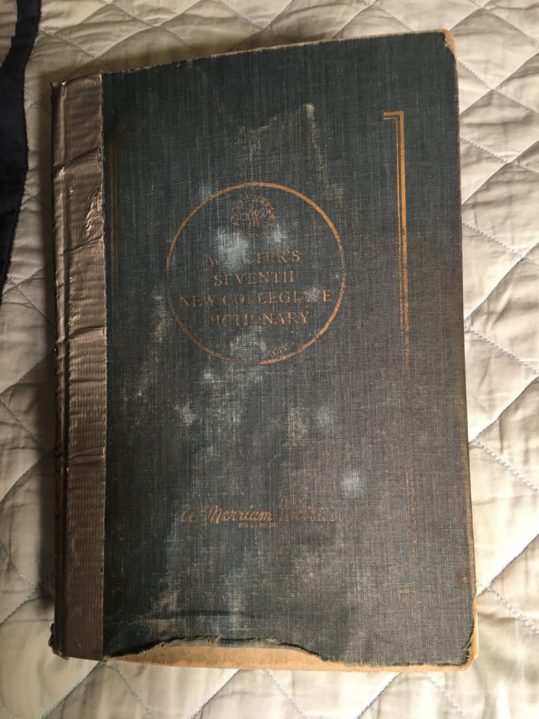
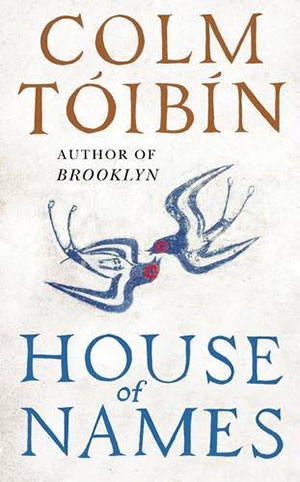
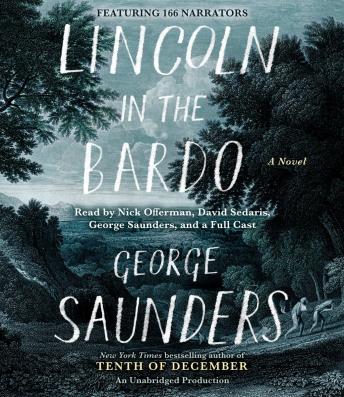
 friend David Stang who has spent four or five months a year for the last 30 years at his home in Kenmare, County Kerry. Dave introduced us to both the historical richness of (Southwest) Ireland and to its geographic beauty. We spent most of four days driving with him on the Beara and Dingle Peninsulas and also had the good fortune to visit a diverse number of his Irish friends who gave us insights into their lives and their country.
friend David Stang who has spent four or five months a year for the last 30 years at his home in Kenmare, County Kerry. Dave introduced us to both the historical richness of (Southwest) Ireland and to its geographic beauty. We spent most of four days driving with him on the Beara and Dingle Peninsulas and also had the good fortune to visit a diverse number of his Irish friends who gave us insights into their lives and their country.











